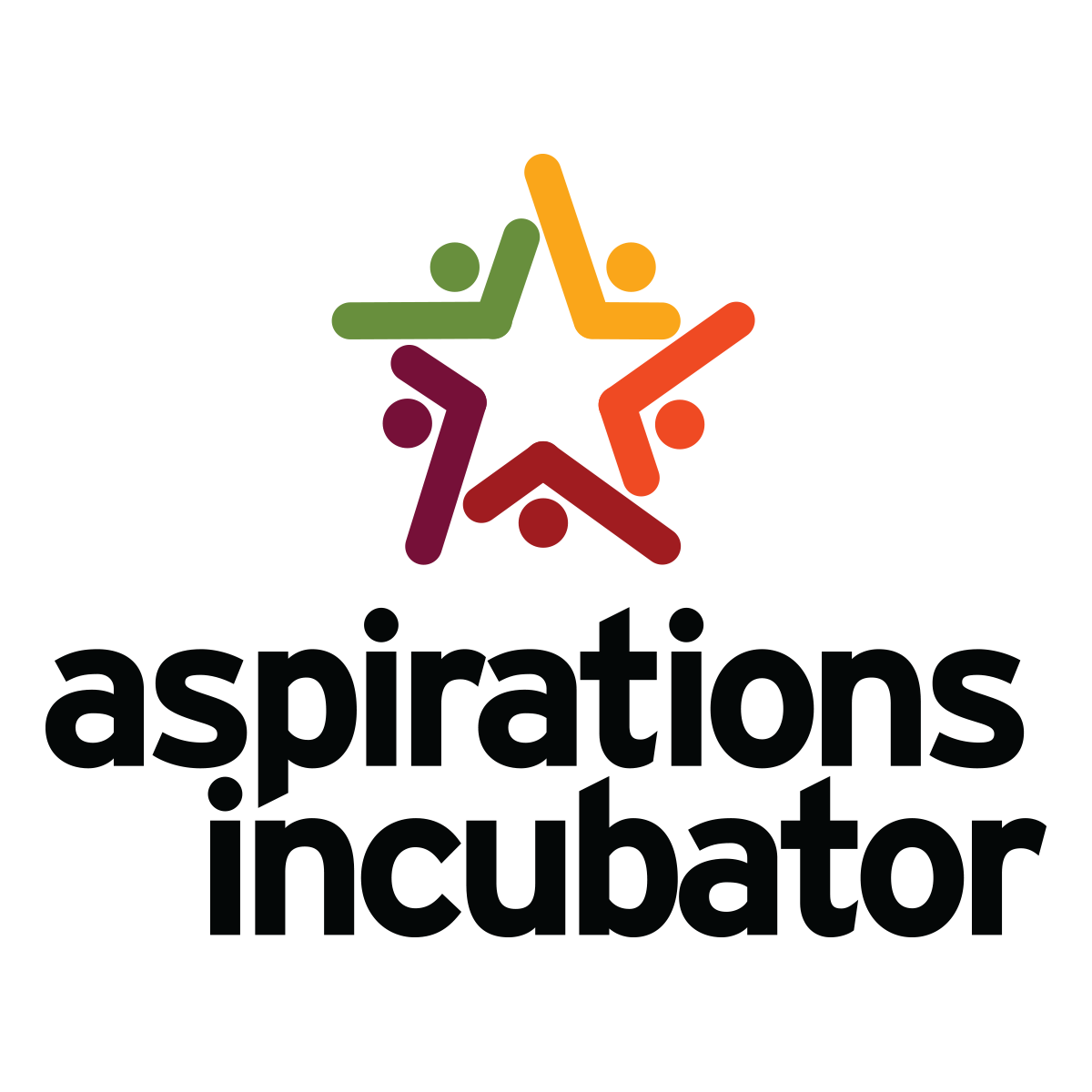
The Challenge
Maine is a special place…
But rural Maine, where more than half of the state’s young people live, can be isolating and a challenging place to earn a living.
JOBS
The days are gone when a young person could graduate from high school one day and begin a well-paying, life-long career at the local mill the next day. Many good paying jobs in traditional industries like pulp and paper have vanished in recent years, and rural areas have been especially hard hit.
WORKFORCE
More and more of the good jobs of the future will require education and training beyond high school. An increasing number of them will require four years of college and even advanced degrees, and Maine – the oldest state in the nation - desperately needs a younger, well educated workforce to sustain its economy and quality of life in the future.
DEGREES
While Maine’s high school graduation rates are among the highest in the country, and the state has done a good job moving young people into two-year associate’s degree programs, attainment of bachelor’s, advanced and professional degrees is substantially below every other state in the Northeast and the national median.


It is telling that Maine does not have a problem with high school graduation rates or even college enrollment rates – but that roughly 120,900 adults in Maine who started post-secondary education never stayed with it long enough to complete a degree.
Many were first generation college students themselves who just couldn’t make it all the way through for one reason or another, and this has too often led to a narrative that gets passed along that college isn’t for “people like me” or “college just doesn’t work for people in my town.”
The Evidence is Clear
Post-secondary education increases career opportunities and earnings potential. But for many young people in Maine, circumstances often seem to block the path to those rewards.
Learned Limitations
Sometimes a college education is not in a child’s plans or even dreams because no one in her family has gone to college, or none of her friends plan to pursue education after high school. In other cases, he has never even seen a college campus, or the cost of going to college just seems out of reach.
Reaching the Finish Line
But there is another issue that often is overlooked: it’s not so much that getting to college is the problem; it is the ability to complete college once you get there. And that often has a lot less to do with money than it does having the social and emotional skills and resiliency to overcome obstacles along the way.

“While more than half of all school-aged children in Maine live in rural areas, many rural middle school students lack access to important resources that develop leadership skills and broaden their sense of what is possible.”
— Aspirations Incubator Year 2 Evaluation Report
Career Opportunities
Recent studies from Georgetown University found that college graduates earn $1 million more over the course of their lives than those without a degree, while a Pew Research Center study found that the median income gap between high school and college graduates is around $17,500 annually.
In New England the demand for employees with bachelor’s and advanced degrees is growing much faster than for those with high school diplomas and associate’s degrees. Yet, when it comes to advanced degrees, Maine lags well behind other New England states and the U.S. as a whole.


So this is Maine’s real challenge:
How can we not only broaden the horizons of young people in Maine's rural communities and small cities, but also equip them with the confidence, resiliency and support network that they will need to make it all the way through to a post-secondary degree and a career they might never have imagined was possible?
In short, how do we raise their aspirations and help them successfully navigate the path to a future with exciting and endless possibilities?
The Aspirations Incubator was created to meet this challenge.
Read about our Response to the Challenge.



